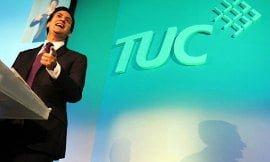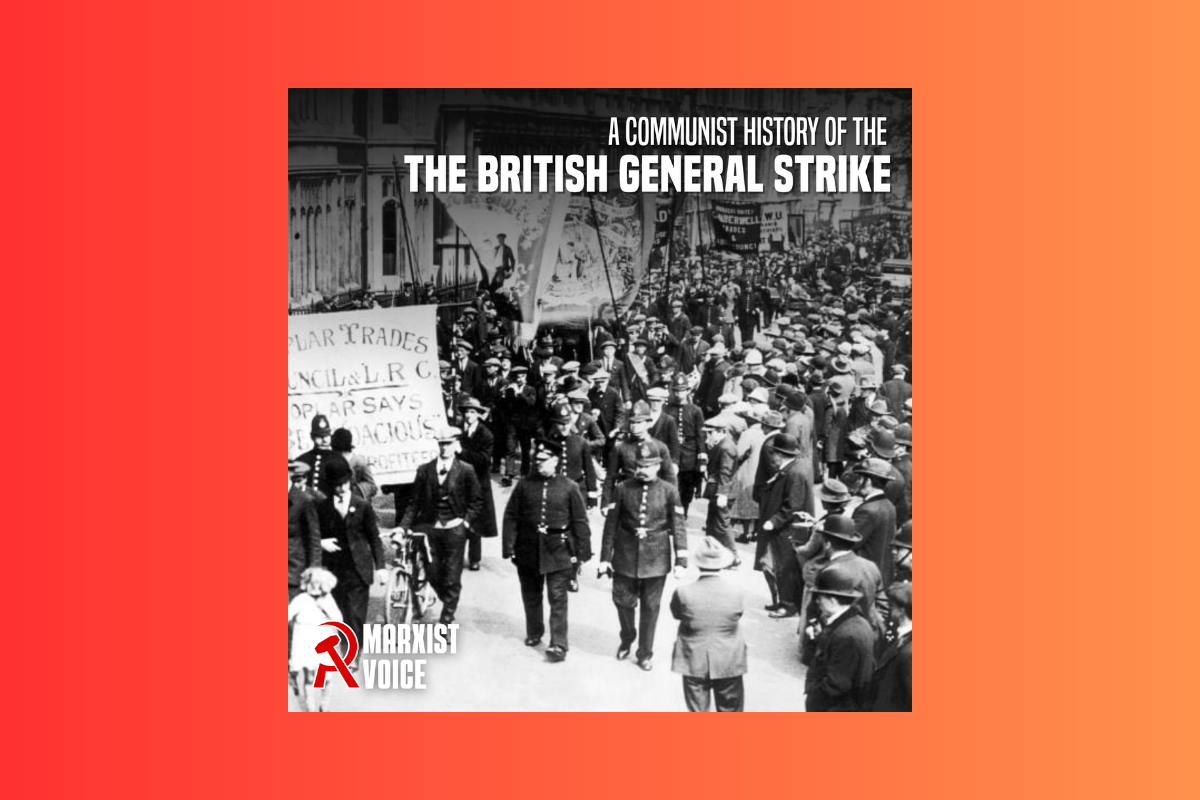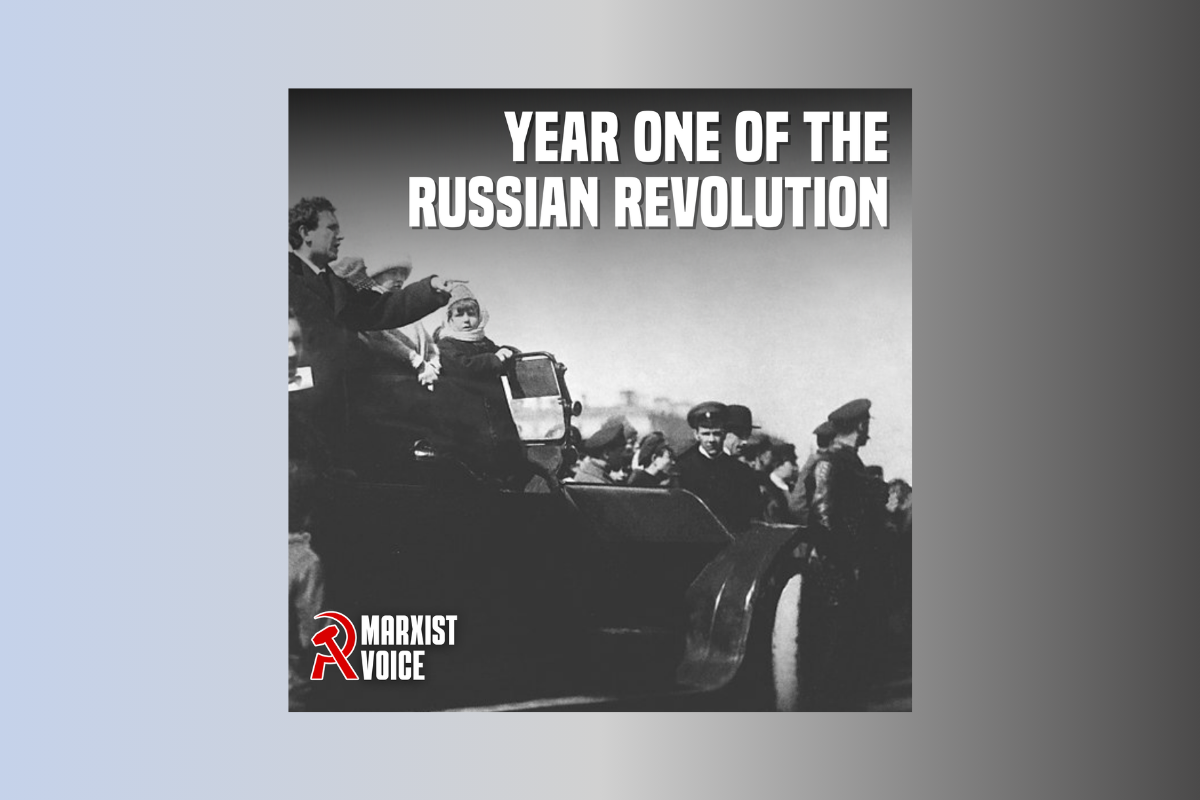We publish here recordings and a report of a recent debate at the Cambridge Marxist Society, where Adam Booth, editor of www.socialist.net, Jon Lansman, editor of Left Futures, and Matthew Doyle, former political director to Tony Blair, discuss the future of the Labour Party.
We publish here recordings and a report of a recent debate at the Cambridge Marxist Society, where Adam Booth, editor of www.socialist.net, Jon Lansman, editor of Left Futures, and Matthew Doyle, former political director to Tony Blair, discuss the future of the Labour Party.
Adam Booth, editor of the Socialist Appeal website, put forward the case that any attempt by left reformist leaders to attempt to create some form of “responsible capitalism” is doomed to failure, due to the inherent laws of an economic system which has the maximisation of profit as its prime driving force. He also touched on the shifting and radicalising mood of the general population, with opinion polls showing support for the nationalisation of railways, strike action happening all over the country and the popularity of Russell Brand’s call for revolution; all clear indications that the views of the public are far to the left of what any mainstream political parties are currently offering.
Jon Lansman, editor of the blog Left Futures, was of the opinion that social democracy, and with it, the role of the state and public ownership, should be defended at all costs. Despite being sceptical about the electoral implications of Labour putting forward a socialist programme, Jon agreed with Adam on the point that the current class orientation of the Party has vastly weakened the loyalty and support of trade unions and the working class as a whole. The only way to ensure working class views in the Party, with working class MPs, he opined, is to bolster trade union ties and steer clear of New Labour policies. Jon quoted Jim Callaghan’s 1976 Blackpool speech:
We began as a Party of protest. We must never lose that, never forget it.
The last speaker was Matthew Doyle, former spokesman and political director for Tony Blair. Whilst agreeing on the point that trade unions should play a stronger role in both the Party and the workplace, Matthew strongly defended his view that New Labour was a progressive step, and that it was not a betrayal of values to want to win elections. He opined that Labour can only win if they can convert people who don’t think of themselves as Labour, and that a party of centre left can only win on the”centre ground”.
In the ensuing discussion between the audience and the speakers, one of the main themes was electability vs. ideology. Whilst Matthew was of the view that Labour should focus on winning the election first by sticking to the “centre ground”, before thinking about implementing any change, Jon reminded us that:
What makes a successful government [is] one that shapes public opinion in order to move towards long term change.
Adam expanded on this by saying that the “centre ground” is a myth, as there is no such thing as one, unchanging public opinion – events change consciousness, and the deep crisis of capitalism we are currently in ensures that there will be no shortage of social and political upheaval in the coming years. Labour should shape public opinion and not just respond to it.
Other topics during the discussion included: the possibility of parties to the left of Labour; the size and role of the working class in Britain today; the question of nationalisation and public ownership; and the rise of UKIP and anti-immigration moods.
Adam’s responses to these questions voiced the opinions of many Marxists. Adam noted that small parties to the left of Labour get very few votes as, not only are most people unaware of their existence, but they exist on the fringes of the labour movement, rejecting the potential of the Labour Party to change in times of crisis, in response to the material demands of workers and youth.
In addition, Adam noted that many “middle class” people are increasingly taking working class action – take, for example, the example of the university staff strike, with lecturers on the picket lines. The fact is, during economic crises, which are inevitable under capitalism, all working people suffer attacks to their living standards in order to pay for a crisis they did not cause.
Above all, Adam emphasised that the youth are highly disillusioned with the entire political process, as none of the mainstream parties are currently offering anything but three variations of austerity. Labour must take steps to win over the confidence of the youth, who have been hardest hit by the crisis, with a bold socialist programme to provide full employment, free education, and a living wage for all.





